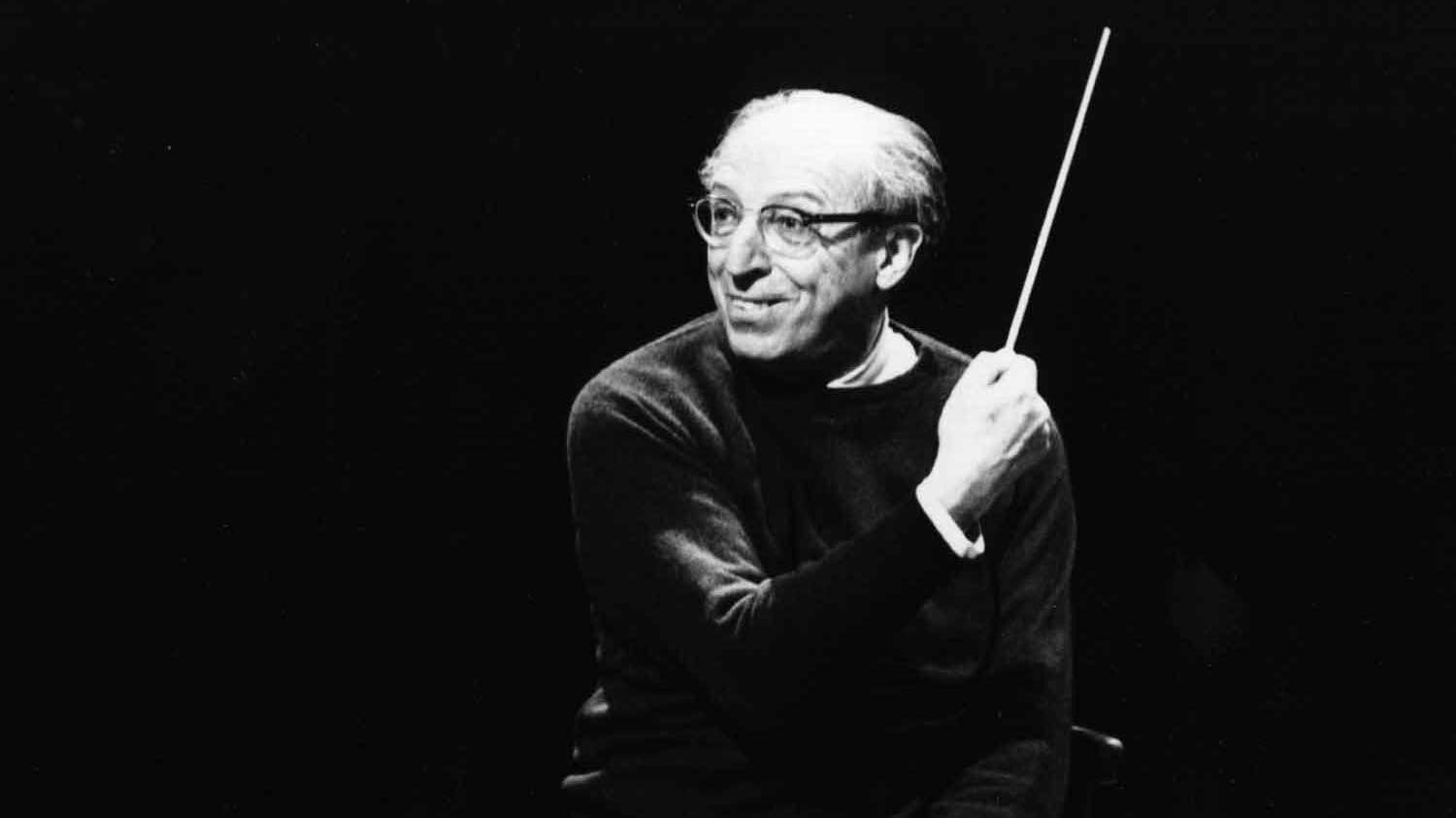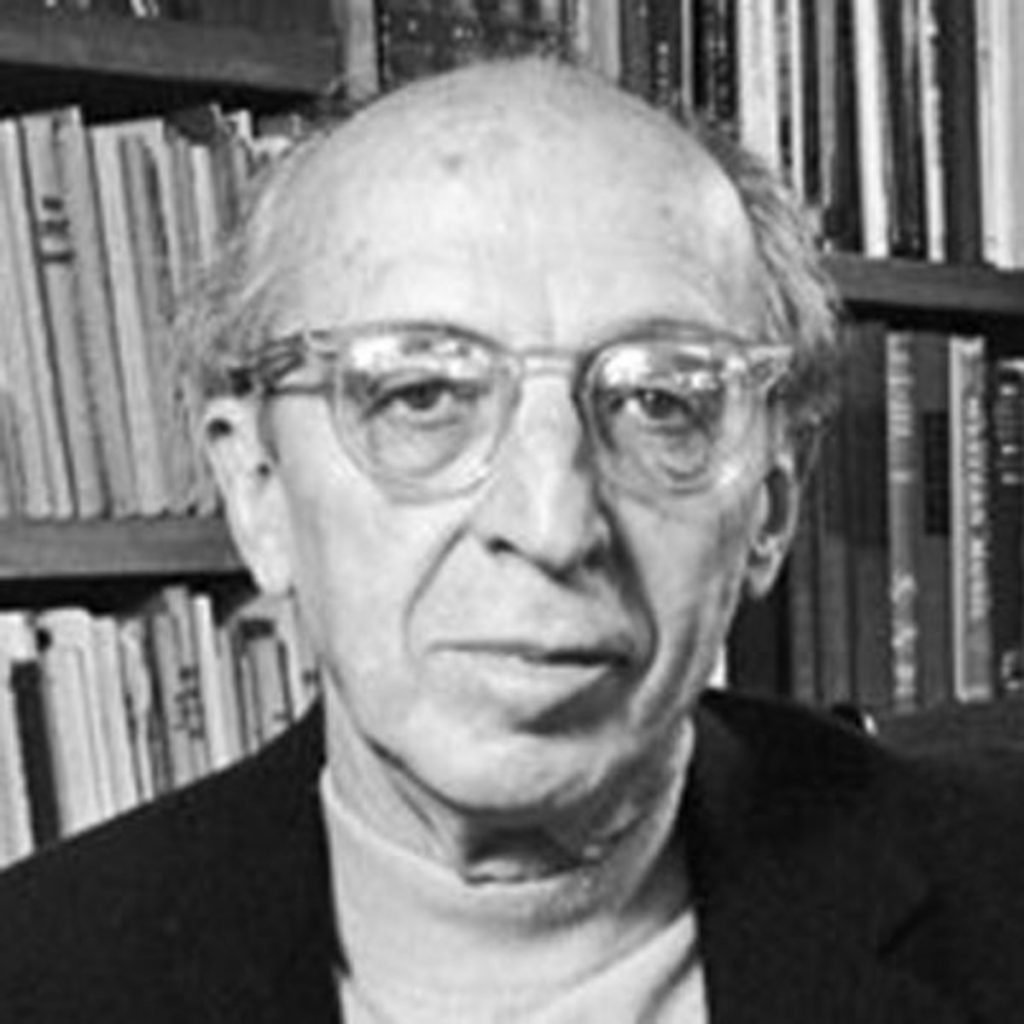Aaron Copland, a name synonymous with American classical music, left an indelible mark on the world with his compositions that captured the spirit of the American landscape and its people. From his iconic ballet scores to his orchestral masterpieces, Copland’s music resonates with a distinct Americana flavor, earning him a well-deserved place among the greatest composers of the 20th century. In this blog post, we delve into the life and achievements of Aaron Copland, tracing the trajectory of his musical journey and exploring the legacy he has left behind.
Early Life and Musical Education:
Aaron Copland was born on November 14, 1900, in Brooklyn, New York, to Lithuanian Jewish immigrants. Growing up in a modest environment, Copland’s exposure to music began at an early age when his older sister introduced him to classical piano pieces. Recognizing his talent, his family arranged for piano lessons, setting the stage for his future musical pursuits.
After completing high school, Copland studied composition in Manhattan with the renowned composer Rubin Goldmark. He then traveled to France, where he studied with the legendary pedagogue Nadia Boulanger, who profoundly influenced his compositional style and encouraged him to draw inspiration from his own American heritage.
Compositional Style and Influence:
Aaron Copland’s music reflects his commitment to developing a distinct American musical identity. He sought to create compositions that captured the essence of the American experience and spirit, drawing from folk music, jazz, and the vast landscapes of the country. Copland’s works, often characterized by their clear, open harmonies, rhythmic vitality, and emotional resonance, struck a chord with audiences and critics alike.
Some of his most celebrated works include the ballet scores “Appalachian Spring,” which won him the Pulitzer Prize in 1945, and “Rodeo,” featuring the iconic “Hoe-Down.” Additionally, Copland composed symphonies, film scores, choral works, and numerous chamber pieces. His distinctive style can be heard in compositions such as “Fanfare for the Common Man,” which has become an enduring symbol of American patriotism.
Contributions to American Music:
Beyond his remarkable compositions, Aaron Copland made significant contributions to American music as an educator, conductor, and advocate for contemporary composers. He believed in the importance of accessible music education and played an instrumental role in founding the Tanglewood Music Center, a prestigious summer academy for young musicians.
Copland’s conducting career spanned several decades, during which he championed the works of fellow American composers, including Leonard Bernstein, Samuel Barber, and George Gershwin. His influence extended beyond the concert hall, as he composed film scores, most notably for the movie adaptation of John Steinbeck’s “Of Mice and Men” and the iconic “The Heiress.”
Legacy and Recognition:
Aaron Copland’s impact on American music is immeasurable. His compositions not only shaped the development of a distinctly American classical tradition but also earned him numerous accolades. In addition to his Pulitzer Prize, he received an Academy Award, a Congressional Gold Medal, and the Presidential Medal of Freedom.
Copland’s music continues to inspire and captivate audiences worldwide. From its use in commercials and film soundtracks to performances by renowned orchestras, his compositions remain timeless and relevant. His dedication to capturing the essence of America through music has solidified his place as one of the greatest composers in history.
Conclusion:
Aaron Copland’s journey from his humble beginnings in Brooklyn to becoming the iconic figurehead of American classical music showcases the transformative power of music. His ability to infuse his compositions with the essence of American life and his tireless efforts to promote and support fellow composers left an indelible mark on the world of music. Aaron Copland’s legacy as a composer, conductor, and educator lives on, inspiring future generations to explore their own musical identities and celebrate the rich tapestry of American culture.


Comments are closed